The Race Is On to Exploit a Melting Antarctica
After more than a century of protection from exploitation by military and commercial interests, a number of countries are positioning themselves to seize greater influence in Antarctica on the day its protective treaties expire.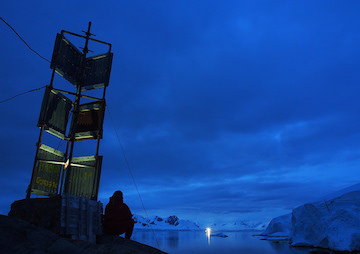 Antarctica at night. (Andreas Kambanis / CC BY-SA 2.0)
Antarctica at night. (Andreas Kambanis / CC BY-SA 2.0)
Antarctica at night. (Andreas Kambanis / CC BY-SA 2.0)
After more than a century of protection from exploitation by military and commercial interests, a number of countries are positioning themselves to seize greater influence in Antarctica on the day its protective treaties expire.
Simon Romero reports at The New York Times:
“The newer players are stepping into what they view as a treasure house of resources,” said Anne-Marie Brady, a scholar at New Zealand’s University of Canterbury who specializes in Antarctic politics.
Some of the ventures focus on the Antarctic resources that are already up for grabs, like abundant sea life. China and South Korea, both of which operate state-of-the-art bases here, are ramping up their fishing of krill, the shrimplike crustaceans found in abundance in the Southern Ocean, while Russia recently thwarted efforts to create one of the world’s largest ocean sanctuaries here.
Some scientists are examining the potential for harvesting icebergs from Antarctica, which is estimated to have the biggest reserves of fresh water on the planet. Nations are also pressing ahead with space research and satellite projects to expand their global navigation abilities.
Building on a Soviet-era foothold, Russia is expanding its monitoring stations for Glonass, its version of the Global Positioning System. At least three Russian stations are already operating in Antarctica, part of its effort to challenge the dominance of the American GPS, and new stations are planned for sites like the Russian base, in the shadow of the Orthodox Church of the Holy Trinity. […]
Antarctica’s mineral, oil and gas wealth are a longer-term prize. The treaty banning mining here, shielding coveted reserves of iron ore, coal and chromium, is expected to come up for review by 2048 and could be challenged before then. Researchers recently found kimberlite deposits hinting at the existence of diamonds. And while assessments vary widely, geologists estimate that Antarctica holds at least 36 billion barrels of oil and natural gas.
Continue reading here.
— Posted by Alexander Reed Kelly.
Your support matters…Independent journalism is under threat and overshadowed by heavily funded mainstream media.
You can help level the playing field. Become a member.
Your tax-deductible contribution keeps us digging beneath the headlines to give you thought-provoking, investigative reporting and analysis that unearths what's really happening- without compromise.
Give today to support our courageous, independent journalists.

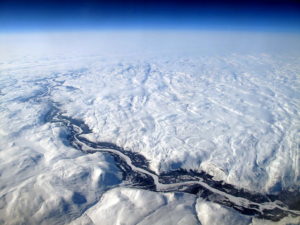
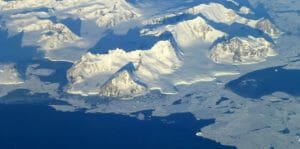
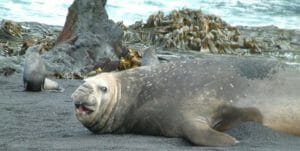
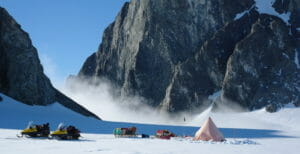
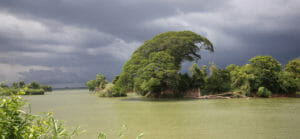
You need to be a supporter to comment.
There are currently no responses to this article.
Be the first to respond.